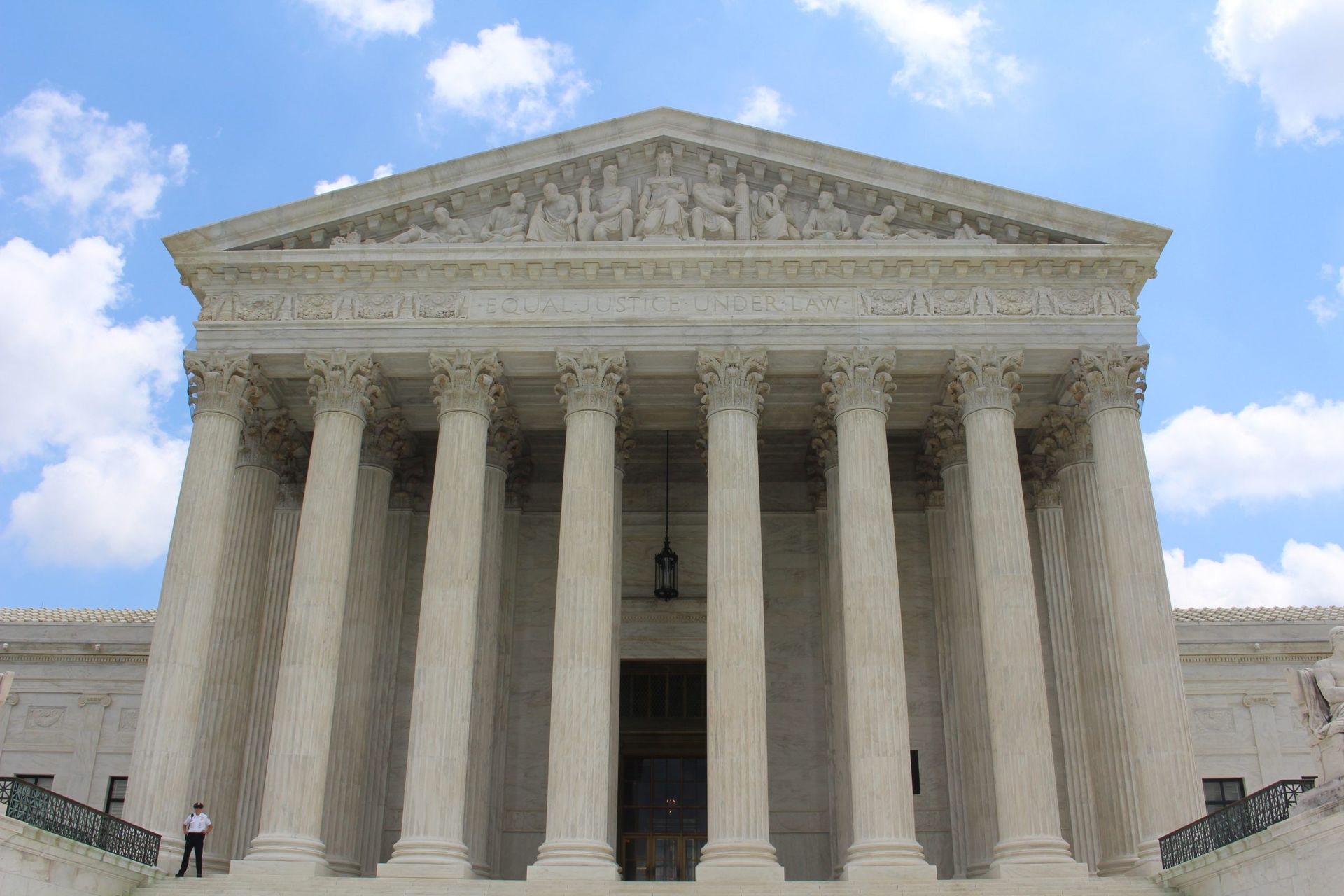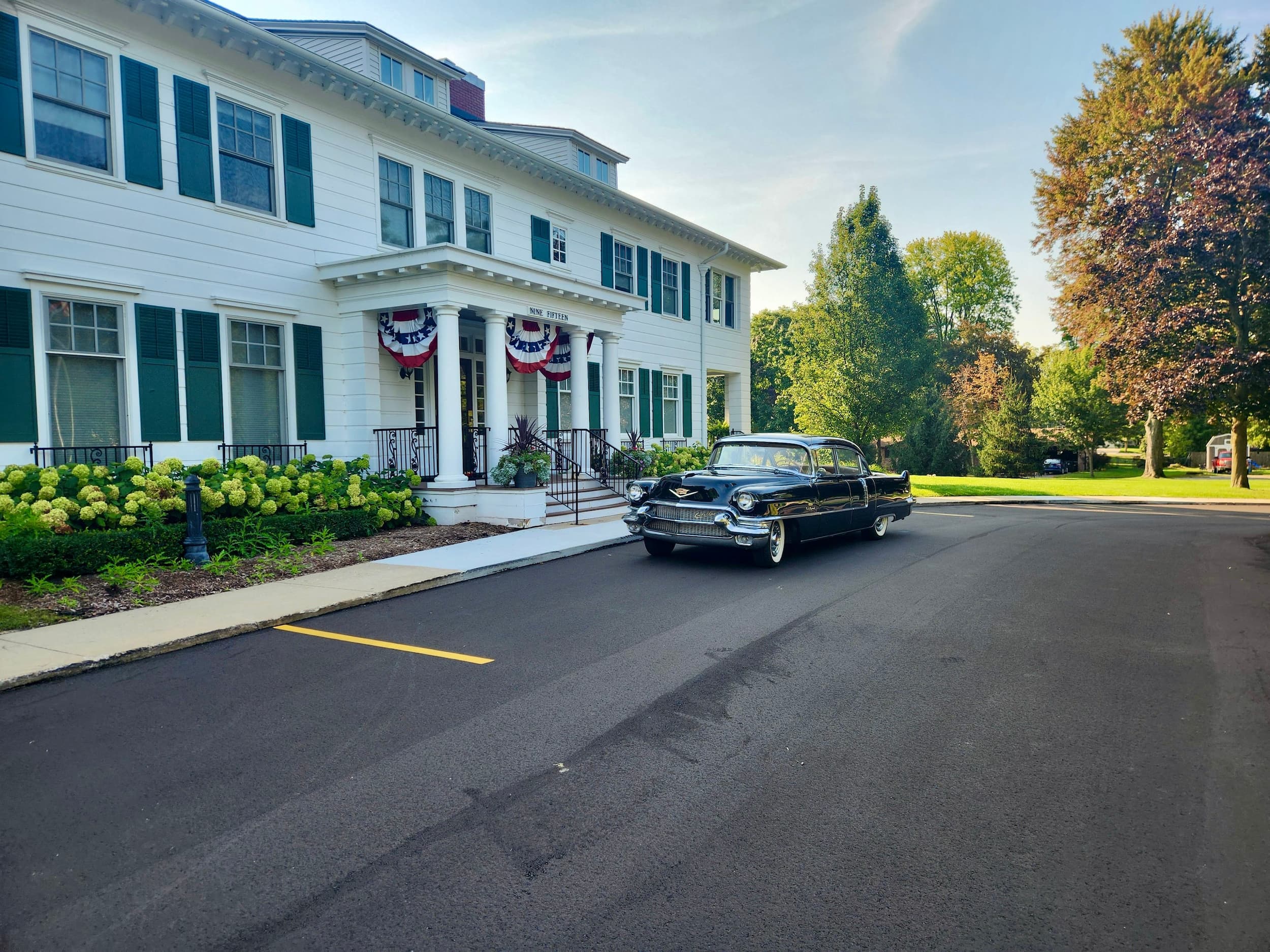Posted in Uncategorized

First-ever live broadcast oral arguments and via teleconference makes history
J. Baron Lesperance, Esq – The Patent Baron
May 4th 2020 is an important date in long history of the Supreme Court of the United States (SCOTUS). Today marked the first time in history that oral arguments were broadcast live to the public and also the first time in history that oral arguments were not heard in chambers but via teleconference, due to the pandemic.
I am pleased that this historic moment included intellectual property too, as the case before the Supreme Court involved trademarks.
Specifically, the case centers around this question – can adding “.com” to an otherwise generic term “booking” create a registerable trademark?
Why is this important?
Because of the peculiar nature of the Internet and domain names, applicants for trademarks are seeking protection for marks that involve “.com” or other top-level domains (e.g., “.biz”, “.net”) and some of those marks include or are completely generic in nature. For example, “weather.com”.
During oral arguments, the USPTO argued that a trademark cannot be registered if it is generic, and the application cannot be saved even if “.com” is attached. The USPTO argued that, for example, adding “, Inc.” to a generic mark does not meet registration requirements and that secondary meaning and acquired distinctiveness is also irrelevant. Booking.com BV argued that the primary significance test for a mark should control and cited a survey that 74% of the public surveyed recognized “booking.com”. Booking.com BV also pointed out that “booking.com” had been registered as a mark in 84 other countries.
The Bottom Line
This case should settle the uneasy situation that currently exists – some marks have been registered with “.com” (such as weather.com) while others have not. A ruling in favor of Booking.com BV will likely instruct the USPTO and lower courts to consider all relevant evidence (including surveys) to decide whether or not marks are generic.
If you are considering a US trademark application for a mark that is exclusively a generic term or includes a generic term, this case may well decide whether the application is entitled to registration.
Disclaimer & Notice: The content of this article does not constitute legal advice. The information presented herein is for informational use only. Not responsible for the actions or failures of third parties. Not responsible for any action or inaction based on the content of this article. The content of this article is solely the opinion of the author(s) and may not necessarily be those of Remenick PLLC, its clients or members. Reading this article does not constitute the establishment of an attorney-client relationship. Any communication received will not be confidential unless and until an attorney-client relationship is established by an engagement letter. The content of this article may not be current as of the date of access and may be removed or updated without notice. Consult with legal counsel before undertaking any legal action.


